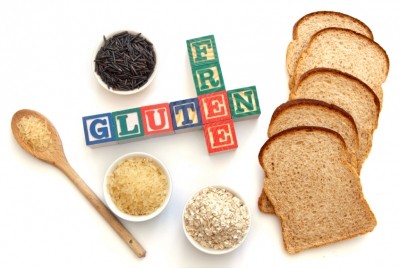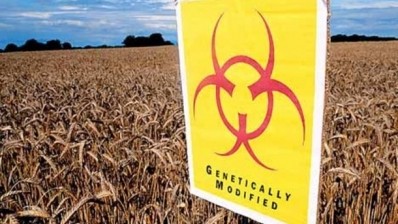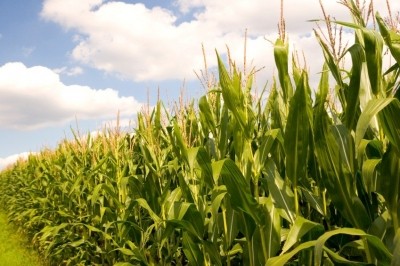New GM testing tool aims to help GM labelling enforcement
The study – published in Food Control – reports on new developments in technologies for the simultaneous detection of genetically modified products in food samples.
Led by Nelson Marmiroli from the University of Parma, Italy, the research team describe an optimised method for detecting levels of approved GM maize products MON810 and GA21 in foods using specific genetic markers.
“To enforce labelling a traceability policy is required together with sensitive and accurate GM detection methods,” say the researchers. “In [the] EU an incorrect labelling of foods represents a commercial fraud.”
“The use of specific primers and of labelled probes by real-time PCR allowed for the simultaneous detection and confirmation of amplicon identity and increased the reliability of the technique and the number of PCR applications to food analysis,” they add.
GM quantification
There has been great scientific and public debate concerning the safety and the need for labelling information on genetically modified foods – especially in Europe.
“While GM food is readily accepted in the USA and in other countries, European consumers have shown considerable reluctance following previous food crises,” note Marmiroli and his colleagues.
“The increased awareness of consumers regarding the composition of foods has resulted in the need to verify any labelling statements,” they add.
As a result, the researchers suggest that food authenticity is currently ‘a subject of great concern’ to food authorities – as the incorrect labelling of foodstuffs can represent a commercial fraud.
“To meet these challenges posed by potential emerging threats, the development of novel or refinement of existing analytical methodologies for GMOs quantification is required,”
“The demand for these new analytical methods has increased, not only in countries with labelling requirements, but in general in all those that export to countries with restrictions.”
Detection technique
The new study describes quantitative multiplex real-time polymerase chain reaction (PCR) methods that are optimised for the detection of maize MON810 and GA21 crops. The authors explain that two different genes – Zein and Adh1 – were evaluated for quantitative use as accountable for continuous development of maize traits.
“The first attempt for GMO quantification in foods was based on duplex real-time PCR: one GMO plus one endogenous gene,” reveal the researchers. "Here a triplex (two GMOs plus an endogenous) is presented.”
They add that the possibility of using this technique allows for the simultaneous detection and confirmation of specific DNA fragments – thus increasing the reliability of the technique and the applicability of the platform to food analysis.
Misleading labels
The authors argue that misleading labelling might have negative liability implications anywhere in the world: “In fact the precautionary principle moves all the responsibility on the side of the producer or of the retailer.”
Labelling of GM content in foods is mandatory in many countries, including: Australia, China, the European Union, New Zealand, Norway, Japan, Russia, Saudi Arabia, South Korea, Switzerland, Taiwan.
GM labelling is considered ‘voluntary’ in Canada, Hong Kong, South Africa and USA.
Source: Food Control
Published online ahead of print, doi: 10.1016/j.foodcont.2012.08.001
“Multiplex real-time PCR assays for simultaneous detection of maize MON810 and GA21 in food samples”
Authors: Maria Cristina Samson, Mariolina Gullí, Nelson Marmiroli
















